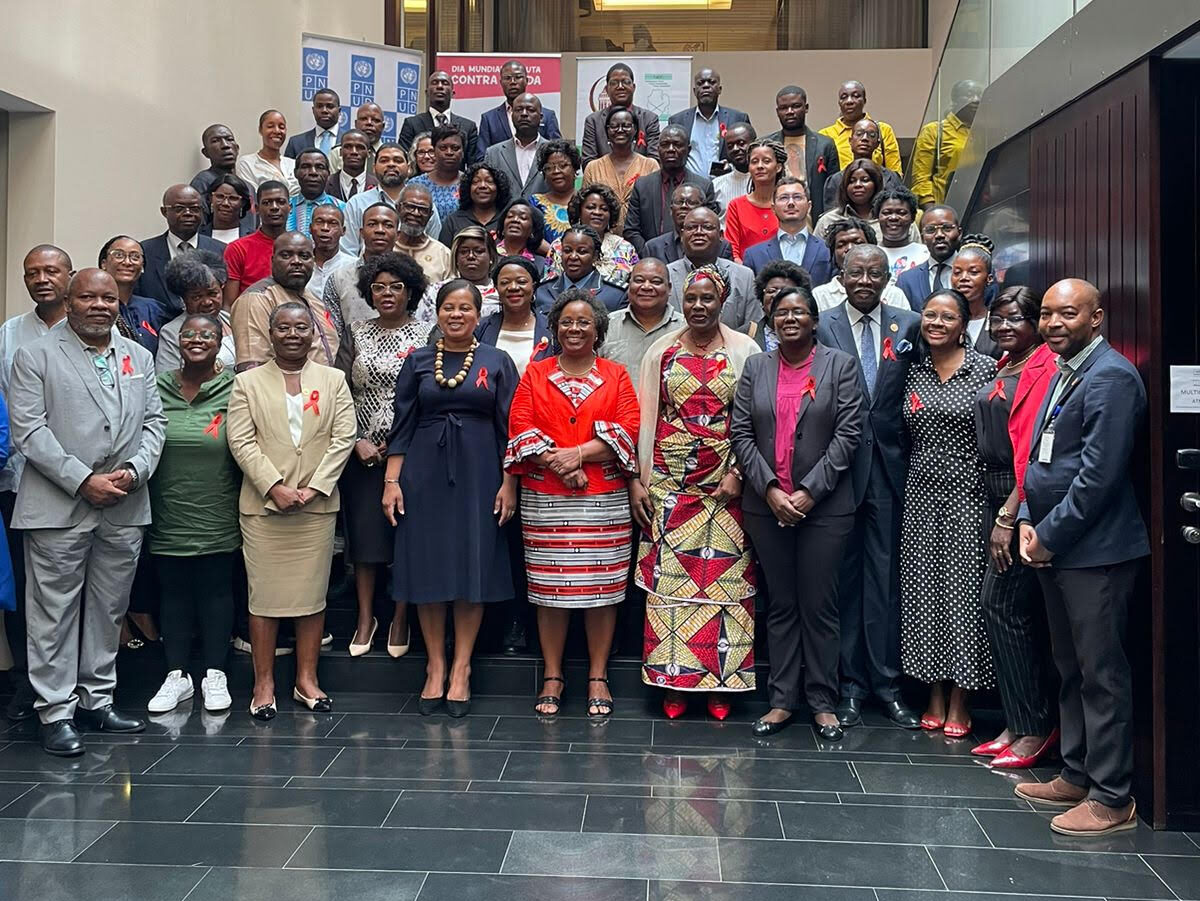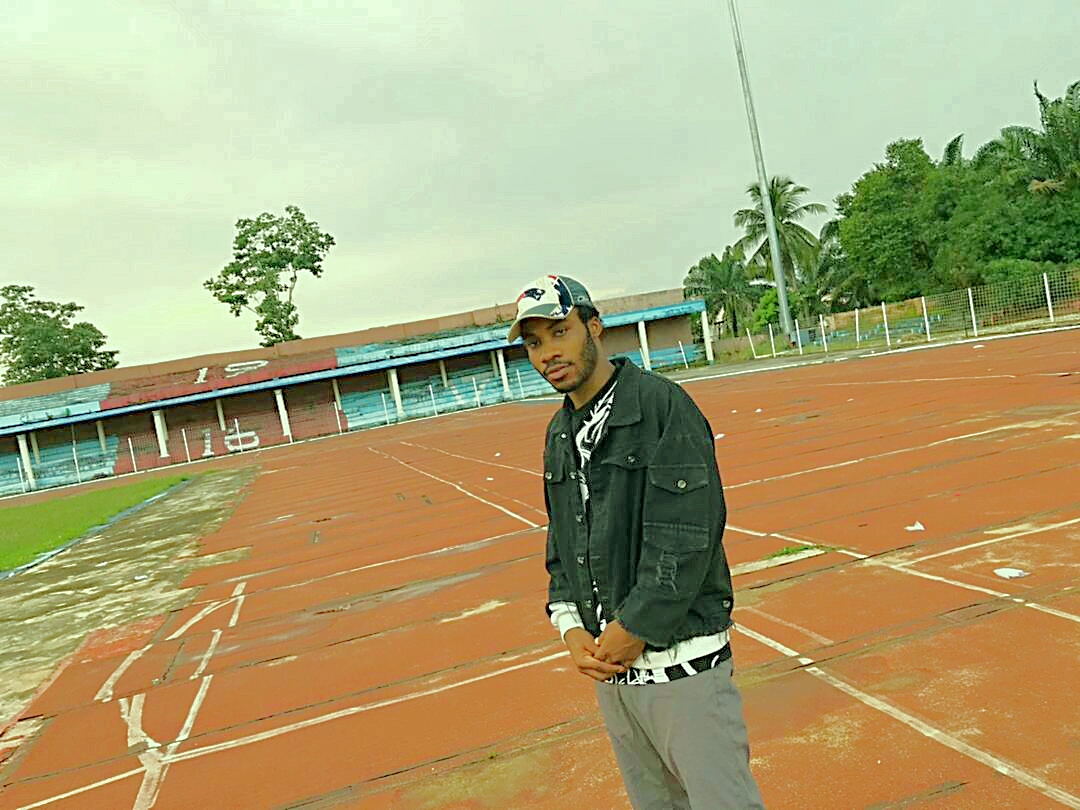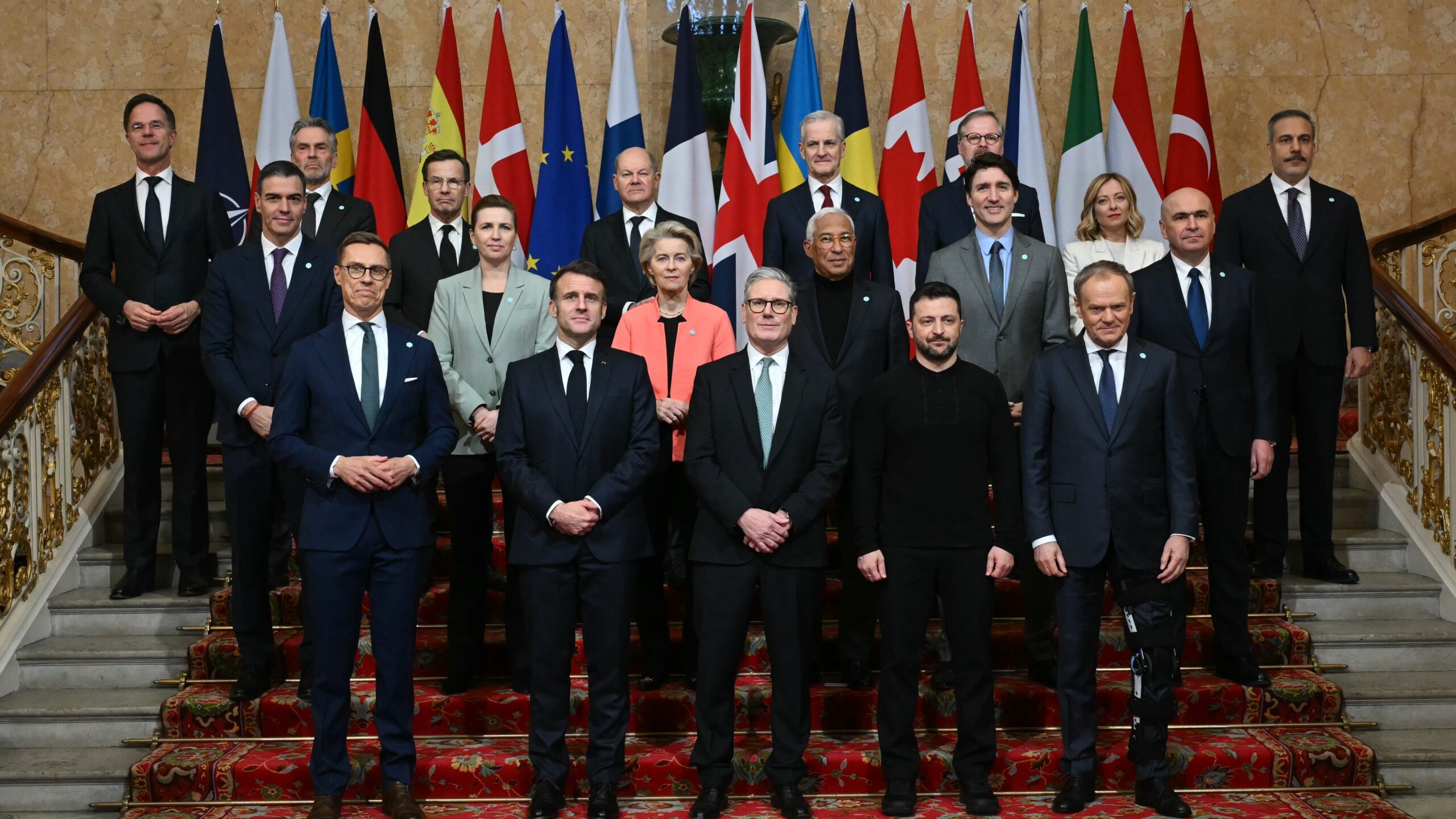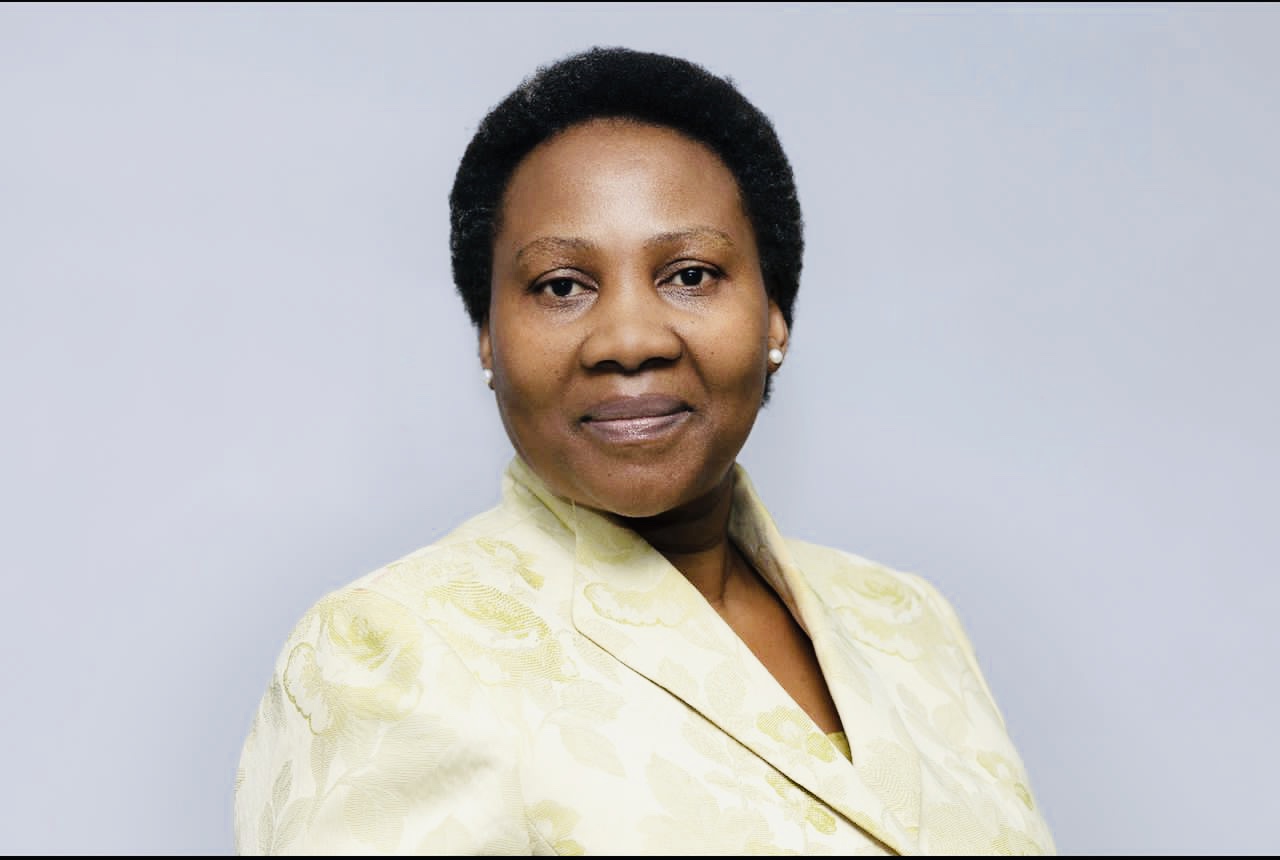
UNITED: Stakeholders including Members of the National Assembly of Angola and representatives of civil society organisations pose for a souvenir photograph during a workshop to review Angola’s HIV and AIDS law in Luanda on Wednesday. Photo: Contributed
By Moses Magadza
The Republic of Angola through its National Assembly on Wednesday convened a workshop to review the country’s HIV and AIDS law which was enacted in 2004.
The workshop is part of ongoing efforts by the National Assembly of Angola to ensure that laws are fit for purpose and serve all citizens without discrimination.

Law No. 8/04, of 1 November, also known as the Law on the Human Immunodeficiency Virus – HIV and Acquired Immunodeficiency Syndrome – AIDS, sought to protect the integrity and health of people living with HIV, control and prevent HIV and AIDS as well as to promote the protection of people living with HIV.
A recent ‘Assessment of the Legal Environment for HIV and the Right to Sexual and Reproductive Health” in Angola, concluded that protecting key populations among people living with HIV facilitates access to prevention, diagnosis and care services, improves quality of treatment and strengthens social assistance, thus ensuring the protection of human rights.
Angola recently signed up to the SIDA-funded SADC Parliamentary Forum SRHR, HIV and AIDS Governance Project.
Project seeks inter alia to build the capacity of Members of Parliaments to review and propose changes to laws; ensure safety of basic products in the context of universal healthcare coverage; and promote gender equality, including in climate action and eliminating sexual and gender-based violence.
It seeks, also, to enable MPs to support efforts to eliminate child marriage, early and unwanted pregnancies and promote safe abortion; promote comprehensive sexuality education and the right to information on SRHR; protect key populations and marginalized groups; and promote democratic accountability and human rights.
Wednesday’s workshop brought together various stakeholders including representatives of civil society organisations and members of parliament to identify gaps in the country’s HIV and AIDS law, propose revisions and to build stronger partnerships among various stakeholders in the national response to HIV and AIDS.
SADC PF Secretary General Ms. Boemo Sekgoma hailed the workshop as a “groundbreaking intervention” and a bold step towards an “enabling policy environment”.
The SRHR, HIV and AIDS Project supports efforts towards universal access to integrated SRHR and HIV and AIDS services and related rights, revision of discriminatory laws, policies and practices as well as enactment of legal provisions that protect and promote human rights.
Under the 2021 Political Declaration on HIV and AIDS, countries committed to taking urgent and transformative action to eliminate discriminatory laws, policies and punitive practices that undermine HIV responses.









